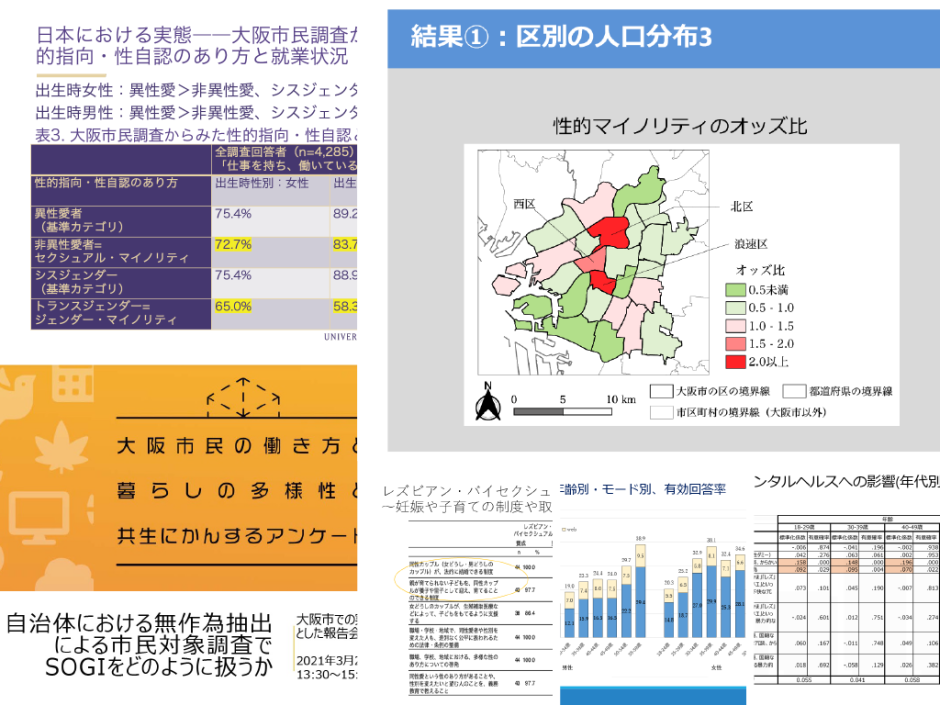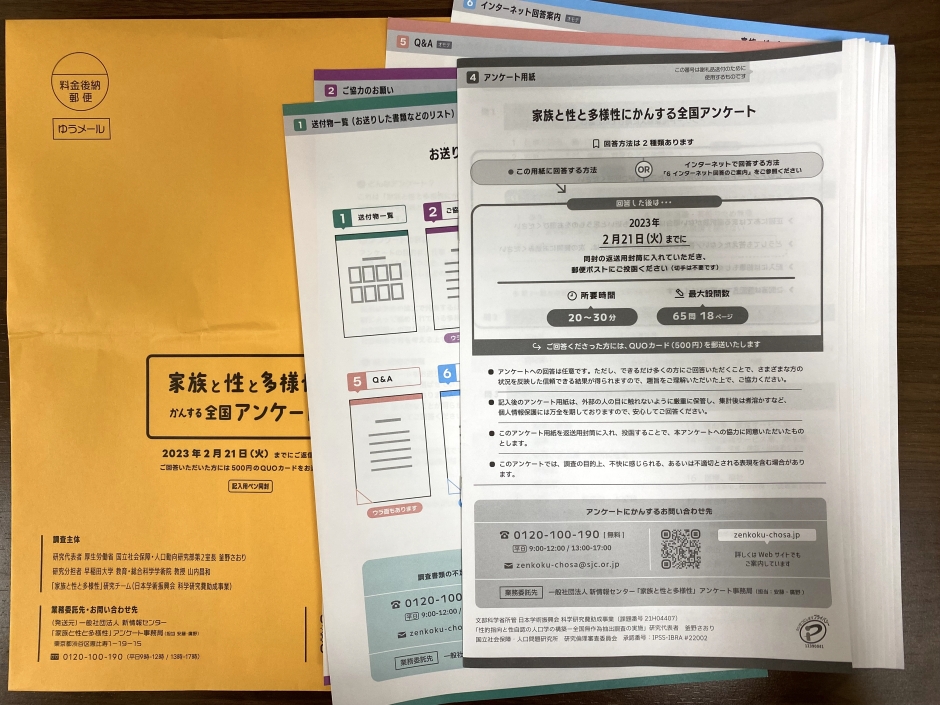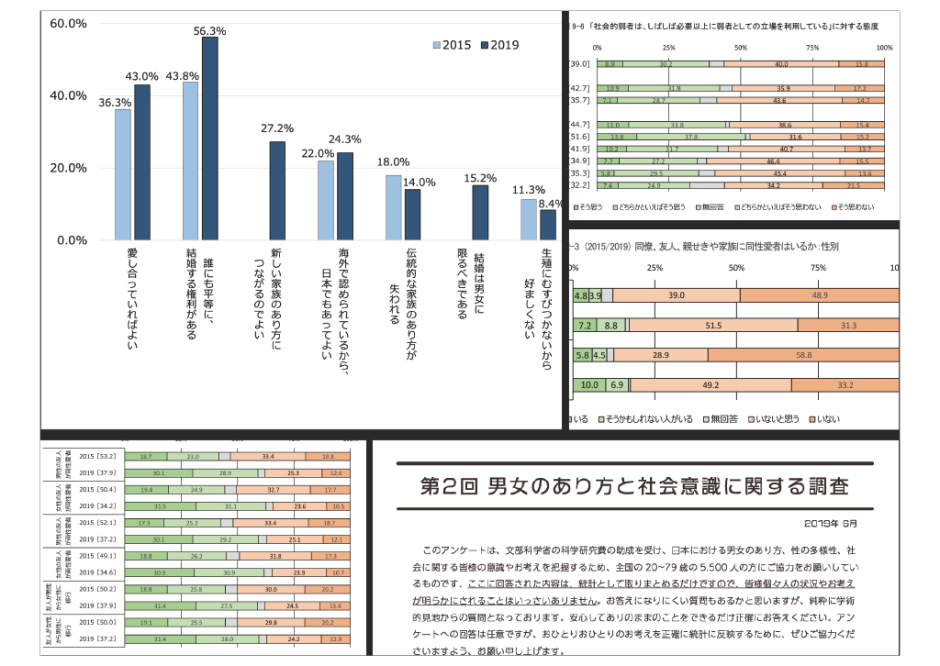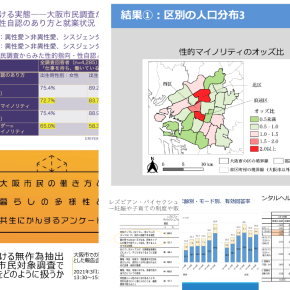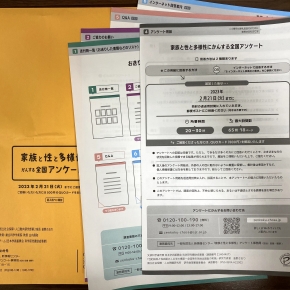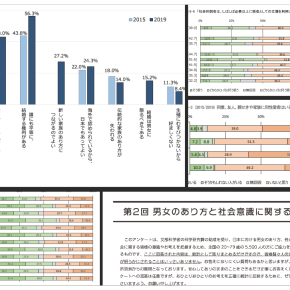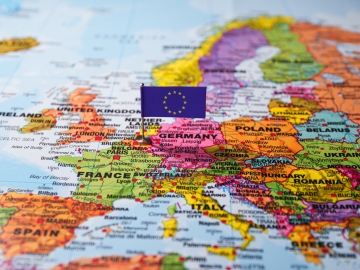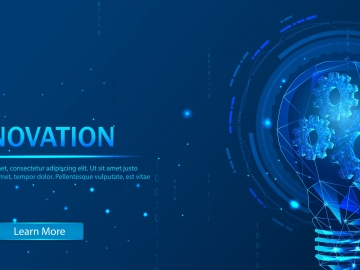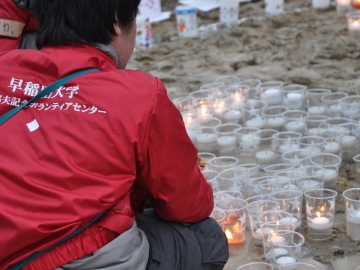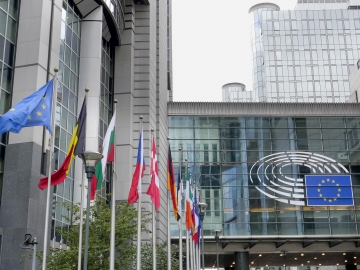The social environment surrounding gender and sexual minorities (LGBTQ+) is undergoing significant changes. In Japan, academic research addressing gender and sexual minorities began in the 1990s, revealing disparities based on Sexual Orientation and Gender Identity (SOGI) in various aspects such as family, school, workplace, healthcare settings, and communities. In response to these developments, there is a growing demand for evidence-based policies and initiatives towards sexual minorities in national/local governments, corporations, educational institutions, etc.
The SOGI Research Institute aims to establish a research hub for quantitative studies on SOGI in Japan, which have been lacking, to shed light on the realities of discrimination and disparities caused by SOGI and contribute to their elimination. We are committed to addressing the following challenges.
(1) Building a network of researchers and practitioners engaged in research on Sexual Orientation and Gender Identity (SOGI)
We aim to establish a cross-disciplinary research network, comprising researchers/research groups within and outside Japan engaged in quantitative surveys and data analysis of Sexual Orientation and Gender Identity (SOGI), as well as non-profit organizations (NPOs) and local governments conducting surveys on SOGI, practitioners utilizing data, and professionals from various fields and regions. This network will serve as a hub for academic exchange, contributing to Evidence-Based Policy Making (EBPM).
(2) Accumulation of knowledge through interdisciplinary analyses of quantitative data on SOGI
We will deepen quantitative research on Sexual Orientation and Gender Identity (SOGI) by analyzing data collected by the members, as well as survey data from other researchers, local governments, NPOs, etc. These data will be analyzed from various perspectives in collaboration with the implementers or stakeholders through joint analysis or secondary data utilization applications. We will situate the analyses in the fields of gender statistics as well as more broadly gender and sexuality research, focusing also on the intersections with race/ethnicity, nationality, presence and extent of disabilities, family situations, and other factors.
(3) Methodological research on quantitative surveys of SOGI and development of best practices
Participants will share their survey expertise within the network and review methodological issues on surveys dealing with Sexual Orientation and Gender Identity (SOGI). Specifically, research will be conducted to refine questions probing individuals’ SOGI in social surveys and to evaluate various survey methods (such as random sampling surveys, closed-web surveys, open-web surveys, etc.), culminating in the compilation of best practices for addressing SOGI in social surveys.
(4) Dissemination of research outcomes and laying the foundation for a comprehensive facility for survey research on Sexual Orientation and Gender Identity
We will disseminate research outcomes widely to society through websites, public seminars, and book publications. Through such practices, we will leverage feedback from society to further deepen research and enhance the institute’s social contribution. We plan to establish a system with a one-stop function that can provide materials and advice to help formulate appropriate research plans, for example, to an organization that wants to conduct a survey on SOGI and accesses our research institute.
Additionally, we aim to provide analysis advice on data obtained from such surveys as needed, connecting the results to practical problem-solving and the advancement of survey research.
In preparation for the next steps of this research, we will advance preparations to establish a similar organization in Japan’s SOGI research by referencing the activities and systems of research centers like The Williams Institute, which is considered a global hub for SOGI research, as well as other research centers focusing on different themes.


